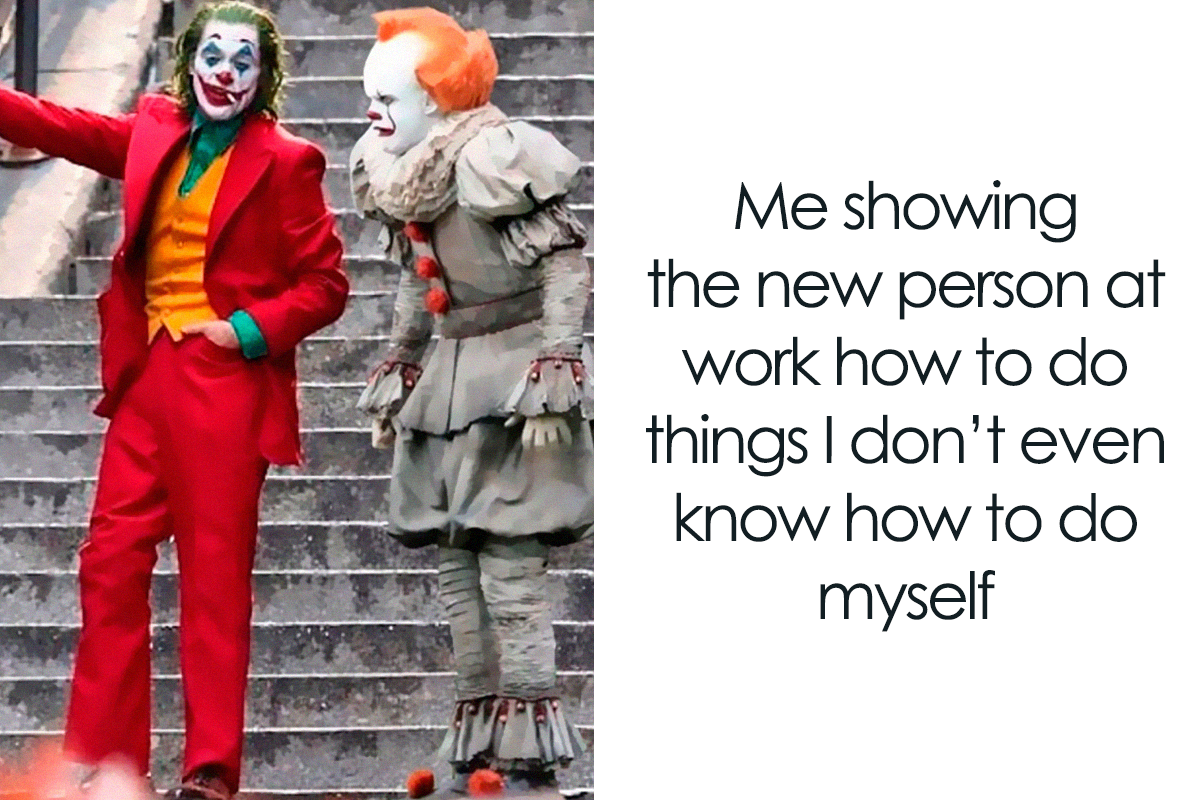
Budgeting Fails: When Your Money Goes "Poof!" (And Other Funny Stories)
Budgeting. The word itself can conjure up images of spreadsheets, sacrifice, and saying "no" to that extra-large latte. While the intention is noble – taking control of your finances and building a brighter future – the road to budgeting success is often paved with comical missteps. Let’s face it, we’ve all been there. Whether it’s an unexpected impulse buy or a complete underestimation of your avocado toast habit, budgeting fails are a universal experience.
But fear not! Laughing at our financial follies is a great way to learn and avoid repeating them. So, grab a cup of tea (or a budget-friendly instant coffee), and let’s dive into some of the funniest and most relatable budgeting fails out there.
1. The "I’ll Just Round Down" Debacle
This is a classic for a reason. You meticulously create your budget, assigning categories and allocating funds. Then, you get to the "Miscellaneous" category, and instead of realistically assessing your spending, you think, "Eh, I’ll just round down to $20. I’m sure I won’t need more than that."
The Result: Suddenly, you’re three weeks into the month, and your "Miscellaneous" fund is drier than the Sahara. Where did it all go? Well, there was that spontaneous ice cream cone, the "essential" office supplies (glitter pens count, right?), and that irresistible sale on novelty socks.
The Lesson: Be honest with yourself! Overestimating your spending in certain categories is better than underestimating. It’s easier to have money left over than to scramble for funds when you’re in the red.
2. The "Subscription Box Black Hole"
Subscription boxes are the devil in disguise. They lure you in with promises of curated goodies and delightful surprises. You sign up for a beauty box, a snack box, and maybe even a box of artisanal cheeses. "It’s only $30 a month!" you tell yourself.
The Result: Fast forward six months, and your house is overflowing with sample-sized lotions, gourmet potato chips you’ll never eat, and enough cheese to feed a small nation. Meanwhile, your bank account is mysteriously lighter, and you’re starting to suspect that your mail carrier is judging your consumer choices.
The Lesson: Review your subscriptions regularly! Are you actually using the products? Are they bringing you joy, or just clutter? Cancel the ones that aren’t worth the cost.
3. The "Grocery Store Siren Song"
You go to the grocery store with a list, determined to stick to your budget. But then, you walk past the bakery section, and the aroma of freshly baked cookies hits you like a tidal wave. You tell yourself, "Just one," but before you know it, you’re leaving with a dozen cookies, a fancy cheese you’ve never heard of, and a bottle of wine you definitely don’t need.
The Result: Your grocery bill is twice as high as you planned, and you’re forced to eat ramen for the rest of the week to compensate.
The Lesson: Never grocery shop hungry! Make a list and stick to it. Consider ordering groceries online to avoid impulse buys.
4. The "I Deserve It" Justification
You’ve been working hard, and you feel like you deserve a treat. So, you splurge on that designer handbag you’ve been eyeing, or you book a weekend getaway to a fancy resort.
The Result: You feel amazing for about 24 hours. Then, reality sets in, and you realize you’ve blown your entire budget for the month. Now you are back to ramen and start regretting buying that fancy handbag.
The Lesson: It’s okay to treat yourself occasionally, but make sure it aligns with your financial goals. Set aside a specific amount in your budget for "fun money" so you can indulge without guilt.
5. The "Ignoring the Big Picture" Blunder
You’re so focused on cutting costs in small areas (like brewing your own coffee instead of buying it) that you completely ignore the big-ticket items that are draining your bank account.
The Result: You’re saving $5 a day on coffee, but you’re still paying exorbitant interest rates on your credit card debt, or you’re driving a gas-guzzling car that’s costing you a fortune.
The Lesson: Don’t sweat the small stuff if you’re neglecting the major expenses. Focus on paying off debt, negotiating better rates on your insurance, and making smart decisions about transportation and housing.
6. The "Cash is King" Fantasy
Inspired by budgeting gurus, you decide to go "cash only." You withdraw a set amount of cash at the beginning of the month and vow to only spend that money.
The Result: You lose $50 within the first week. Then, you need to buy something online, and you realize that cash is completely useless in the digital world. Finally, you end up raiding your emergency fund because you’re out of cash and can’t buy groceries.
The Lesson: Cash-only budgeting can work for some people, but it’s not for everyone. If you’re prone to losing money or you rely heavily on online transactions, it might not be the best strategy.
7. The "Budget? What Budget?" Denial
You know you should be budgeting, but you keep putting it off. You’re too busy, it’s too complicated, or you just don’t want to face the reality of your spending habits.
The Result: You have no idea where your money is going. You’re constantly surprised by your bank balance, and you’re living paycheck to paycheck, even though you have a decent income.
The Lesson: Ignorance is not bliss when it comes to finances. Even a basic budget is better than no budget at all. There are plenty of user-friendly apps and tools that can make budgeting easier.
Turning Fails into Wins
The beauty of budgeting fails is that they’re learning opportunities. When you mess up, don’t beat yourself up about it. Instead, analyze what went wrong and adjust your strategy accordingly.
Here are a few tips for turning budgeting fails into wins:
- Track your spending: Use a budgeting app, a spreadsheet, or even a notebook to track where your money is going.
- Set realistic goals: Don’t try to cut back too much too quickly. Start with small changes and gradually increase your savings.
- Find a budgeting buddy: Having someone to hold you accountable can make a big difference.
- Celebrate your successes: When you reach a financial goal, reward yourself (within reason, of course!).
- Don’t give up: Budgeting is a marathon, not a sprint. There will be setbacks along the way, but the important thing is to keep trying.
Budgeting doesn’t have to be a miserable experience. With a little humor, patience, and self-awareness, you can turn your financial fails into valuable lessons and achieve your money goals. Now, go forth and budget (and try not to buy too many novelty socks)!



